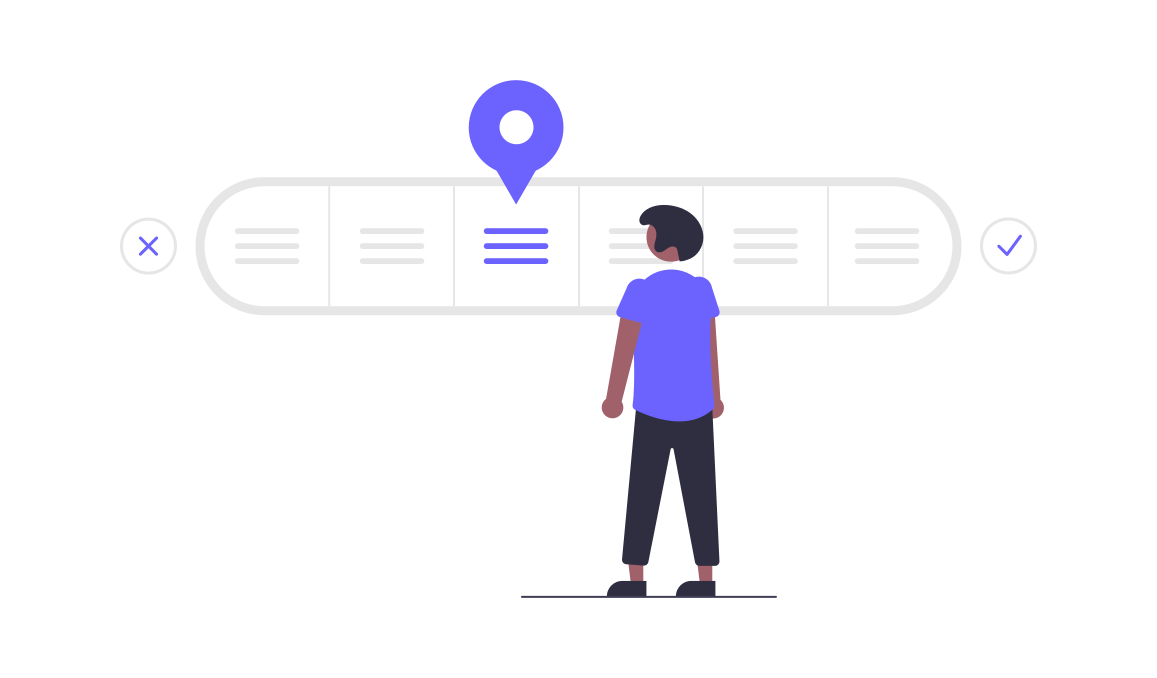In today’s highly competitive digital landscape, personalized marketing has become a cornerstone for successful customer engagement and retention. As brands strive to deliver tailored experiences, the integration of AI in predictive analytics has emerged as a game-changer, enabling marketers to anticipate customer needs and behaviors with unprecedented accuracy. This blog explores the pivotal role of AI-driven predictive analytics in transforming personalized marketing, highlighting its benefits, mechanisms, and future potential.
Understanding Predictive Analytics in Marketing
Predictive analytics leverages statistical algorithms and machine learning techniques to analyze historical data and predict future outcomes. In marketing, it involves scrutinizing customer data to forecast behaviors, preferences, and purchasing patterns. This foresight empowers marketers to craft highly personalized campaigns, ensuring messages resonate on an individual level.
The Power of AI in Predictive Analytics
AI enhances predictive analytics by automating data processing and offering deeper, more precise insights. Here’s how AI revolutionizes predictive analytics for personalized marketing:
-
Data Integration and Analysis: AI systems can aggregate vast amounts of data from various sources—social media, purchase history, web behavior, and more. This holistic view enables more comprehensive and accurate predictions.
-
Advanced Segmentation: Traditional segmentation divides customers into broad categories. AI-driven predictive analytics refines this process, creating micro-segments based on nuanced behavioral patterns, resulting in highly targeted marketing efforts.
-
Behavioral Predictions: AI algorithms can predict future behaviors by analyzing past actions. For instance, if a customer frequently purchases skincare products every three months, AI can anticipate the next purchase window and prompt timely, relevant promotions.
-
Real-time Personalization: AI enables real-time data analysis, allowing marketers to personalize interactions instantly. Whether it’s adjusting website content or tailoring email recommendations, AI ensures every touchpoint is relevant and engaging.
Benefits of AI-Driven Predictive Analytics
-
Enhanced Customer Engagement: Personalized experiences foster deeper connections. AI-driven insights ensure that marketing messages align with individual preferences, enhancing engagement and loyalty.
-
Increased Conversion Rates: By delivering the right message at the right time, AI-driven predictive analytics boosts conversion rates. Personalized recommendations and timely offers significantly increase the likelihood of purchase.
-
Optimized Marketing Spend: AI ensures marketing budgets are spent efficiently by targeting only those customers most likely to convert. This precision reduces wasted ad spend and maximizes ROI.
-
Improved Customer Retention: Understanding customer behavior helps in anticipating churn and implementing retention strategies. Personalized offers, loyalty programs, and targeted communication keep customers engaged and reduce attrition rates.
Mechanisms Behind AI-Driven Predictive Analytics
-
Machine Learning Algorithms: AI utilizes various machine learning models, including decision trees, neural networks, and clustering algorithms, to analyze data and identify patterns.
-
Natural Language Processing (NLP): NLP enables AI to interpret and analyze human language, extracting valuable insights from customer reviews, social media interactions, and other textual data.
-
Predictive Modeling: AI builds predictive models based on historical data. These models are continuously refined and updated with new data, ensuring accuracy and relevance.
-
Customer Journey Mapping: AI tracks and analyzes the customer journey, identifying key touchpoints and predicting future actions. This mapping helps in delivering personalized experiences throughout the customer lifecycle.
The Future of AI in Predictive Analytics for Personalized Marketing
The future of AI-driven predictive analytics in personalized marketing is promising, with continuous advancements in technology. Here are some anticipated trends:
-
Hyper-Personalization: As AI algorithms become more sophisticated, hyper-personalization—delivering ultra-targeted content based on real-time data—will become standard.
-
Voice and Visual Search Integration: AI will enhance predictive analytics by incorporating data from voice and visual searches, enabling a more comprehensive understanding of customer preferences.
-
Enhanced Customer Privacy: With increasing concerns about data privacy, AI will focus on developing ethical models that ensure customer data is used responsibly while still delivering personalized experiences.
-
Augmented Reality (AR) and Virtual Reality (VR): AI-driven predictive analytics will extend into AR and VR, offering immersive personalized experiences in virtual shopping environments.
Conclusion
AI-driven predictive analytics is revolutionizing personalized marketing, providing marketers with powerful tools to anticipate customer needs and deliver highly tailored experiences. By harnessing the power of AI, brands can enhance customer engagement, boost conversion rates, optimize marketing spend, and improve customer retention. As technology continues to evolve, the integration of AI in predictive analytics will undoubtedly become even more integral to personalized marketing strategies, driving future innovation and success.


